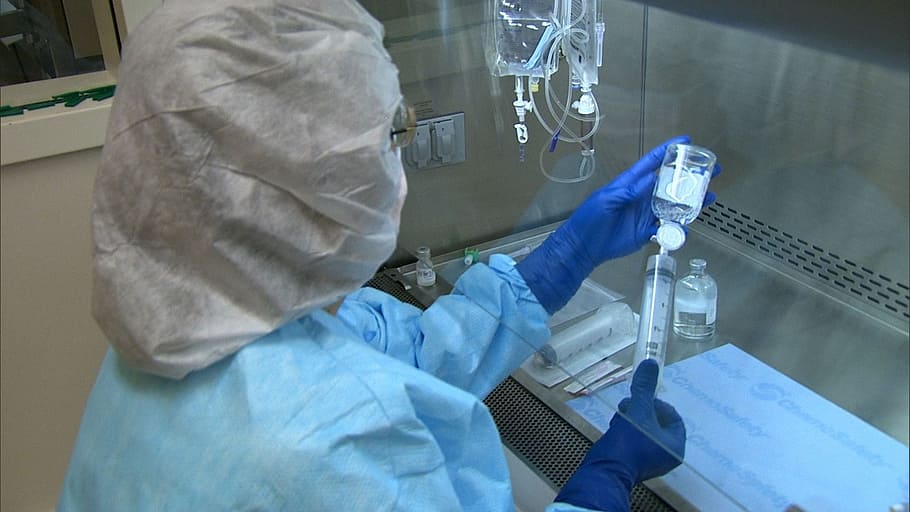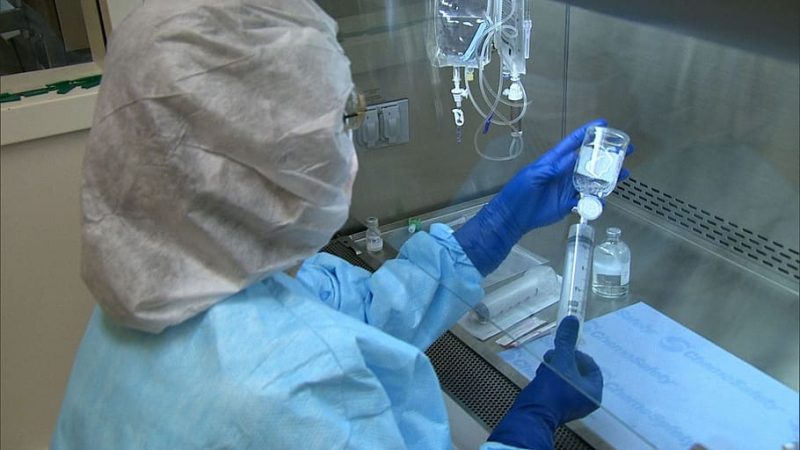B.C. drug decriminalization: a cautious step in the right direction


On Jan. 31, 2023, British Columbia began a three-year experiment in user-level drug decriminalization.
Effective last week, an exemption from the Controlled Drugs and Substances Act guarantees that adults in B.C. will not be arrested or charged for possessing illegal drugs at a quantity of 2.5 grams or less. The compounds covered under the exemption include opioids such as heroin, morphine and fentanyl; crack and powder cocaine; methamphetamine; and MDMA.
Few Canadians are acutely aware of how serious the drug problem in B.C. and elsewhere has become. In the first six months of 2022 alone, opioid users from various walks of life died at a rate of 20 people per day across the country. This tidal wave of suffering is swelling by the day.
Users and experts alike are not convinced that decriminalization will catalyze sufficient improvements in the opioid crisis. Or, at the very least, that it will not do this by itself.
“[Decriminalization] has been done in other jurisdictions in the world. It’s had some success but it comes with a big [caveat]: it has some success if you do some other things with it,” Bruce McKay, neuroscientist and dean of Wilfrid Laurier University’s Faculty of Human and Social Sciences, said.
Evidence for this sentiment might be the fact that B.C.’s opioid crisis has only worsened in recent years despite what has been called de facto decriminalization being the law, or rather unlaw, of the land for some time now.
“For many years we have had a de facto policy not to arrest people for personal drug possession. In that sense, decriminalization of small amounts of drugs for personal use will not impact the way we operate,” Sgt. Steve Addison of the Vancouver Police Department told City News.
To foster meaningful change, something more than decriminalization – which has only now been made official – must be brought to the table.
One nation that has done this with some success has been Portugal, often cited as a strong case for the efficacy of decriminalization.
However, McKay explained that Portugal did more than just decriminalize drugs: Tthey shifted their attention to mental and physical health parameters.
“What they instituted was social policy that really invested significantly in education programs, detoxification, harm reduction, education, employment opportunities and mental health treatment,” McKay said.
[Decriminalization] has been done in other jurisdictions in the world. It’s had some success but it comes with a big [caveat]: it has some success if you do some other things with it.
Bruce McKay, neuroscientist and dean of Wilfrid Laurier University’s Faculty of Human and Social Sciences
Another thing that Portugal did was crack down on dealers. “So, they tried to cut off the supply but they also looked at why there was a demand … if you don’t look at supply and demand together, then there’s always going to be a supply because the demand is always going to be there.”
As Dr. Gabor Maté noted in his book In the Realm of Hungry Ghosts, “A hurt is at the centre of all addictive behaviours.”
For some, this might mean “childhood trauma, childhood abandonments [and/or] serious mental health issues,” McKay explained.
Unless the government takes the hurts driving addiction seriously, decriminalization is not likely to save lives, since the demand that McKay mentioned will remain high.
In a short documentary published by the CBC last week, drug users also expressed hesitancy in commending the province’s move towards decriminalization. Kali Sedgemore, a harm reduction advocate and self-proclaimed methamphetamine user from Vancouver, called decriminalization “a step in the right direction,” but little more than that.
“They think it’s going to help curb the overdoses when it’s not … all this does is just limit people getting arrested for using drugs and stuff. People are still going to be dying from toxic drug supply,” Sedgemore said in the documentary.
And the drug supply is indeed toxic. Most unintentional overdoses happen because drugs are contaminated with compounds like fentanyl, which is fatal in near-microscopic quantities.
“That becomes easily mixed into other opioids, into cocaine, into methamphetamine … and of course you would never see it, you never taste it, you never smell it, it’s just there and it would be lethal. That’s the problem,” McKay said.
The exemption from Health Canada will expire on Jan. 31, 2026.
“It’s important we’ve done it, but it is just one piece of what needs to be a much larger plan to help these individuals,” McKay said.

